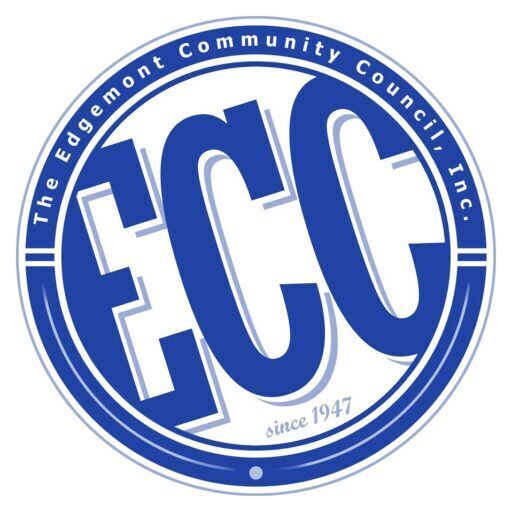 In a stern rebuke to the Town of Greenburgh and its supposed reputation for “open government,” an appellate court today unanimously ruled that the Town, Town Clerk and Town Board all violated the New York State Freedom of Information Law when they refused two years ago to disclose in electronic form, the names and email addresses of subscribers of the Town’s email list so that a resident could respond to political arguments made on the Town’s “gblist” by Town Supervisor Paul Feiner.
In a stern rebuke to the Town of Greenburgh and its supposed reputation for “open government,” an appellate court today unanimously ruled that the Town, Town Clerk and Town Board all violated the New York State Freedom of Information Law when they refused two years ago to disclose in electronic form, the names and email addresses of subscribers of the Town’s email list so that a resident could respond to political arguments made on the Town’s “gblist” by Town Supervisor Paul Feiner.
Mr. Feiner has for years used the Town’s “gblist” to disseminate news and information about the Town, but he also on occasion uses the list to promote pet projects he supports and opposes and to launch personal attacks against residents and civic groups with whom he disagrees.
“Today’s ruling is a tremendous victory for residents of the Town, for the First Amendment, and for the New York State Committee on Open Government,” said Bob Bernstein, president of the Edgemont Community Council and the lawyer who successfully argued the appeal.
“This is a landmark ruling that reaffirms the principle of open government, ends the monopoly town officials have enjoyed on use of an email list created and maintained with taxpayer dollars, and upholds the right of those members of the public who may hold dissenting views to reach fellow residents not in three-minute increments every two weeks at a town board meeting, but through their own town-wide email blasts,” he added.
The case was originally brought in the spring of 2014 by Dorrine Livson, the president of the Worthington Woodlands Civic Association, who wanted access to the list in order to respond to email blasts from Mr. Feiner in favor of the development of a sports “bubble” to be built in Ms. Livson’s neighborhood on Dobbs Ferry Road.
Ms. Livson filed a Freedom of Information Law request seeking an electronic copy of the “gblist” and accompanied her request with a 2008 opinion from the New York State Committee on Open Government that expressly held email lists harvested by municipal governments were public records that should be produced in response to FOIL requests, so long as residents intended to use such lists to promote public discussion of issues of importance to the municipality.
The Town denied Ms. Livson’s request. She then appealed the denial to the Town Borad and in a four-minute public hearing held March 18, 2014 by Town Attorney Timothy W. Lewis, during which time the Town came forward with no evidence of any harm that would result from disclosing the names and email addresses on the gblist.
Instead, Mr. Lewis told Ms. Livson that although the Committee on Open Government believes such information should be disclosed under FOIL, “the town attorney’s office” has long been opposed to such disclosure and would “litigate” to prevent it based on case law that he believed supported keeping such information confidential.
On November 5, 2014, the lower court ruled in Ms. Livson’s favor and ordered the Town to produce a copy of the list, but the Town appealed, the effect of which was to give the Town a reprieve from the court order pending disposition of the appeal.
That reprieve ended today with the ruling that the list must be produced. The ruling was issued unanimously by a four-judge panel which heard oral argument on the case on May 31, 2016. Mr. Bernstein argued the case for Ms. Livson, while Deputy Town Attorney David Fried argued for the Town.
The Town had staked its reputation on the case. In attendance for the argument were Mr. Lewis, as well as Town Council members Francis Sheehan and Kevin Morgan. Ms. Livson and several civic leaders from the town were also present, including Ella Preiser and Madelon O’Shea.
“The petitioner seeks to ‘further the public discourse on matters of public importance and concern in the Town’ by obtaining the names and email addresses of those persons who subscribe to the gblist – persons who have willingly divulged that information to the Town so that they may receive news and information, in electronic form, on matters of public concern in the Town,” the Court said.
“The Town parties did not articulate any privacy interest that would be at stake in the disclosure of the records. The Town parties’ contention that disclosure of the requested email addresses would render the gblist subscribers more susceptible to phishing, spamming, and other email scame is speculative; the Town parties failed to show that disclosure of the information would make the gblist subscribers more susceptible to such acts than they ordinarily would be,” the Court further stated.
Now that the Town’s position has been rejected by an appellate court, civic groups are expected to begin requesting their own copies of the Town’s email list. The Council of Greenburgh Civic Associations today filed its own FOIL request for the list.
